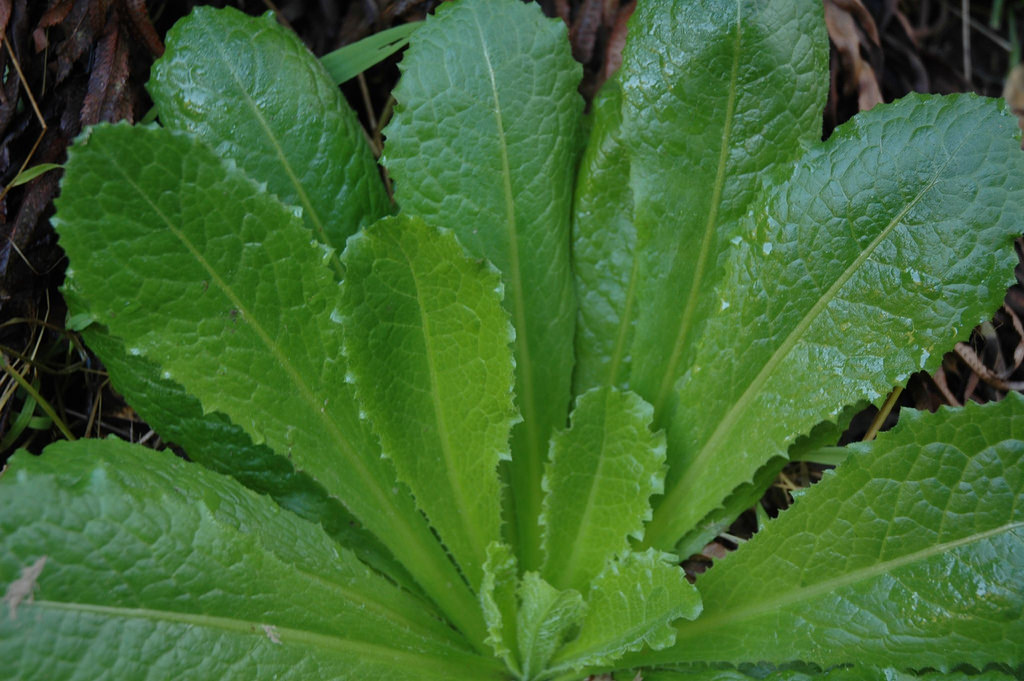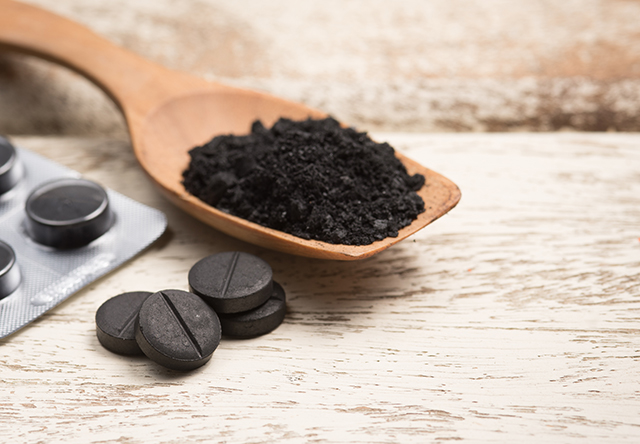HIV-1 people can boost their immune system with Korean red ginseng
01/05/2019 / By Edsel Cook

Korean red ginseng (Panax ginseng) has traditionally been used as a longevity supplement. Now, researchers are reporting that it can extend the lives of people who have been infected by the deadly human immunodeficiency virus (HIV).
The HIV targets the immune system. It causes the steady loss of T helper cells – which are also called CD4+ cells – that perform vital immune functions against infectious diseases.
As the T helper cell count drops, the immune system weakens and goes out of control. The HIV patient becomes increasingly vulnerable to various diseases and immunodeficient complications.
Highly-active antiretroviral therapy is the primary means of treating HIV patients. However, human immunodeficiency virus type 1 (HIV-1) is highly persistent and cannot be eradicated from the host.
Over time, the virus becomes resistant to the antiretroviral agents, thus decreasing the effectiveness of the therapy. This drove researchers to look for new treatments that can support existing therapies, especially as the patients grow older. (Related: Surprising new research concludes that baking soda can prevent autoimmune disease on a cellular level.)
Panax ginseng improves the immune system of HIV-1 patients
Traditional medicinal systems prescribe Korean red ginseng for improving longevity. Modern research has shown it increases physical performance and modulates immune activity.
The herb displays anti-inflammatory activity and helps manage the immune system. It also contains saponins that exert adjuvant actions against inflammatory disease.
The University of Ulsan (UoU) has been studying ginseng, both by itself and when taken alongside antiretroviral agents for treating HIV-1 infection. They decided to evaluate the benefits of ginseng on people who are afflicted with a specific disease.
They retroactively analyzed 252 patients with HIV-1 infection. The T helper cell counts of these participants had been recorded before they began highly-active antiretroviral treatment.
The patients were grouped according to the amount of Korean red ginseng that they consumed every month, as well as the length of the follow-up period. The recommended treatment was six 300-milligram capsules each day, but the amount varied depending on the circumstances.
The researchers measured the T helper cell count in the patients before and after the participants started undergoing highly-active antiretroviral treatment, which first became available in 1996. They compared any differences that Korean red ginseng may have been responsible for.
Eat Korean red ginseng to live longer and healthier lives
Participants who consumed Korean red ginseng displayed much lower annual rates of T helper cell loss attributed to HIV-1. These people also survived for much longer periods compared to untreated patients.
The size of the dosage did not affect the survival duration of people. As long as they took some ginseng, their overall chances of surviving the disease for long periods went up.
However, the survival duration of HIV-1 patients who consumed Korean red ginseng was considerably much better than those who didn’t take any supplement at all. So taking ginseng improved their lifespans.
The longer a patient took ginseng on a regular basis, the slower the rate at which he or she lost T helper cells. Participants who followed the ginseng supplement for more than 10 years enjoyed better results than those who took it up for less than 10 years.
While the individual dosage didn’t matter, the length of the treatment period played a role in the survival duration of those patients. People who consumed Panax ginseng for at least 10 years tended to survive longer than those who quit within a decade.
The UoU researchers concluded that taking Korean red ginseng helped HIV-1 patients survive much longer. They surmised that the ginseng did this by reducing the rate of T helper cells lost every year.
To find out more about the other health benefits of eating Korean red ginseng, you can visit NaturalMedicines.news.
Sources include:
Submit a correction >>
Tagged Under:
alternative medicine, antiretroviral therapy, herbal medicine, Herbs, HIV, HIV infection, HIV treatment, human immunodeficiency virus, Korean red ginseng, longevity, natural cures, natural remedies, Panax ginseng, plantmedicine
This article may contain statements that reflect the opinion of the author
RECENT NEWS & ARTICLES
Herbs.News is a fact-based public education website published by Herbs News Features, LLC.
All content copyright © 2018 by Herbs News Features, LLC.
Contact Us with Tips or Corrections
All trademarks, registered trademarks and servicemarks mentioned on this site are the property of their respective owners.






















